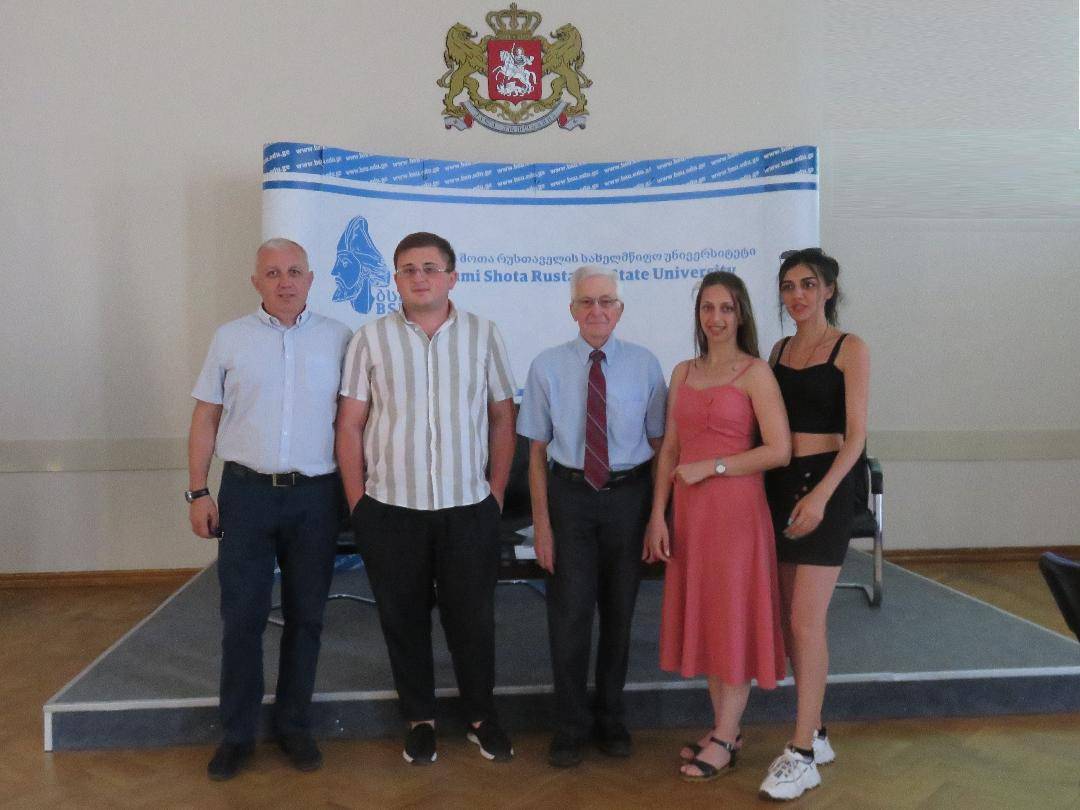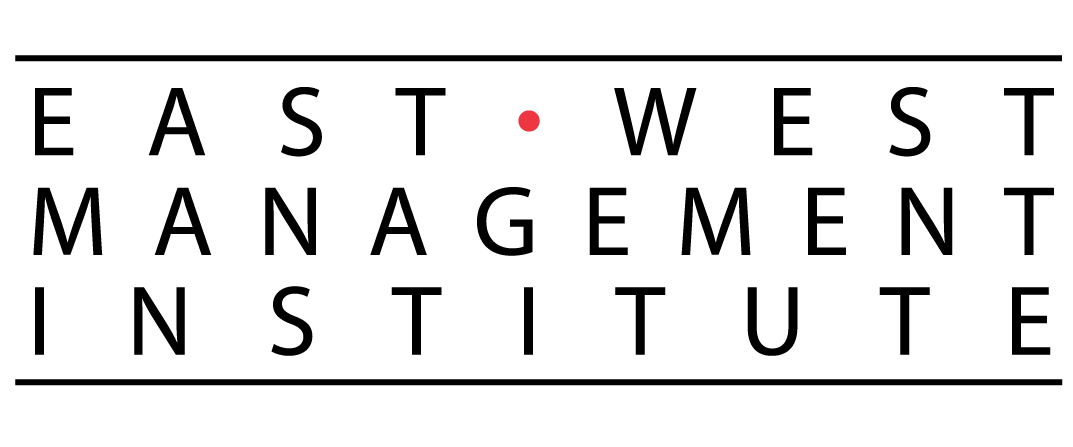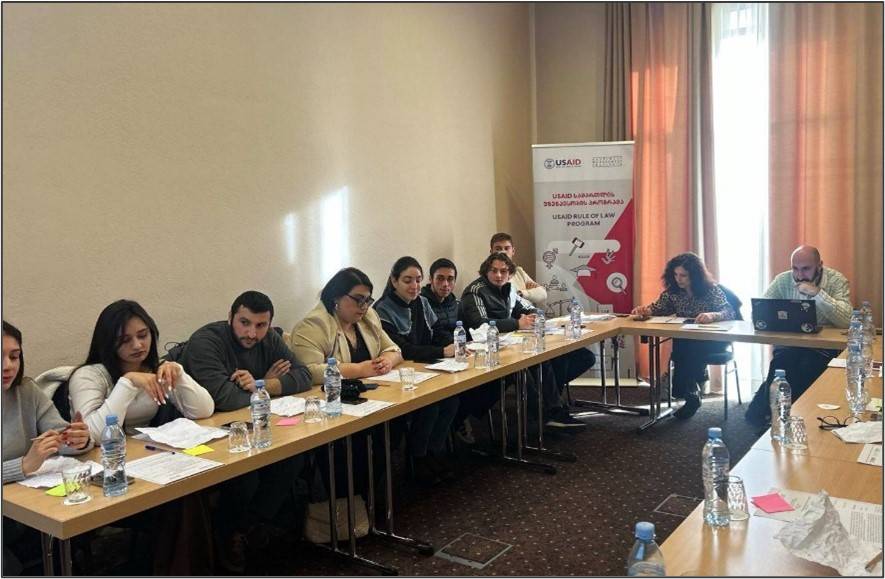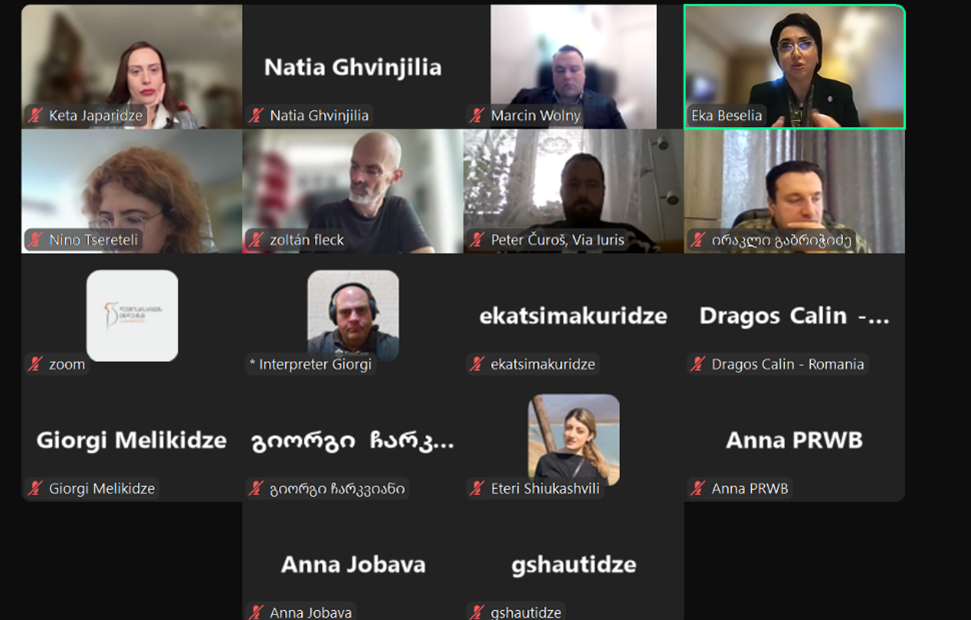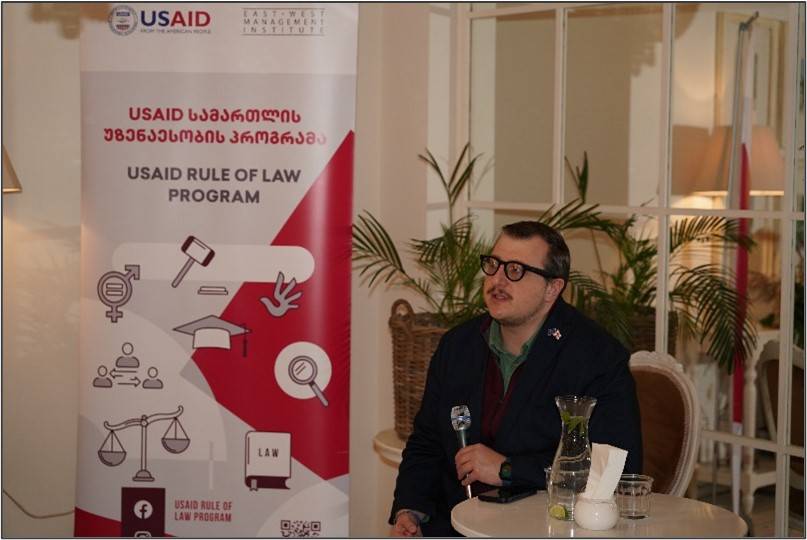Judge Baland Engages Georgian Law Students in Discussion on Constitutional Law and Rights Protection
The USAID Rule of Law Program-invited Judge Timothy Baland met with a group of 25 constitutional law students at Batumi State University on August 15, 2023.
During this session, Judge Baland provided valuable insights into the structure of the U.S. federal and Minnesota state court systems and drew parallels to Georgia's court system.
When queried about the primary distinction between the two systems, an astute student correctly pointed out the existence of the Constitutional Court in Georgia. This prompted a discussion about how constitutional matters are addressed by initial judges in both countries.
Judge Baland illustrated the different practices in the U.S. and Georgia using an example: a case where an individual confesses to a serious crime, but their attorney objects to the confession's admission on constitutional grounds, such as the right to remain silent or claims of coercion. The students grasped that in Georgia such a matter would be referred directly to the Constitutional Court, resulting in a trial postponement pending the Constitutional Court's ruling. In contrast, in the U.S., the trial court judge would decide the issue, and the trial would proceed, with the judge's decision on the admissibility of the confession becoming an appealable issue if the defendant is convicted.
Judge Baland also invited the students to discuss which human rights, outlined in Chapter II of Georgia’s Constitution, were least safeguarded or at risk of not being fully upheld. “Thoughtful comments emerged concerning recent incidents in which law enforcement dispersed protests that, in the students' view, implicated individuals’ rights to self-expression, freedom of movement, and the right to assemble.“ – said Judge Baland.
This part of the discussion underscored the intricate interplay among various constitutional provisions. The students' specific example also underscored the impact on freedom of the press, as it pertained to the media's ability to cover such protests.
